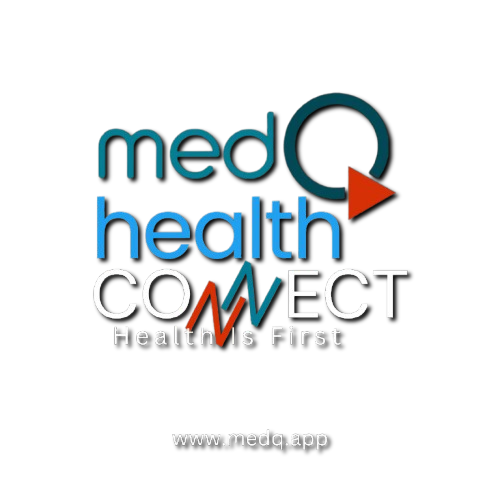
Defining Sick Care:
Sick care is the system we engage with after an individual has already developed a disease or condition. This system includes a series of reactive steps:
- Initial Consultation: The process begins when a person experiences symptoms or feels unwell. They visit a general practitioner or primary care physician who conducts a preliminary screening, often involving basic tests or evaluations.
- Medication and Initial Treatment: Based on this initial assessment, the doctor typically prescribes medications or recommends lifestyle adjustments aimed at managing the symptoms or halting the progression of the illness.
- Diagnostic Tests: If the condition doesn't improve or if the initial assessment indicates something more serious, the doctor may advise more specific diagnostic tests, such as blood tests, imaging scans, or specialist consultations.
- Follow-Up and Procedures: Depending on the results, further follow-ups are scheduled, which might lead to more advanced treatments, surgeries, or chronic disease management programs.
This entire cycle focuses on treating an illness after it has manifested. It's a reactive process, triggered by the presence of disease, which is why it's more appropriately termed "sick care."

True Healthcare:
In contrast, true healthcare is preventive. It emphasizes maintaining health and preventing diseases before they occur. This proactive approach involves:
- Routine Check-Ups: Regular health screenings and check-ups, even when a person feels healthy, to identify potential risks or early signs of diseases.
- Lifestyle Guidance: Advising on proper nutrition, regular physical activity, mental health practices, and avoidance of harmful habits (e.g., smoking, excessive alcohol consumption).
- Vaccination and Immunization: Ensuring that individuals are up-to-date with vaccines that prevent serious illnesses.
- Health Education: Educating the public on how to live healthier lives, recognizing early symptoms, and understanding the importance of timely medical intervention.
- Policy and Environment: Implementing public health policies that promote healthy environments, such as clean air and water, safe food, and urban planning that encourages physical activity.
Preventive healthcare is about maintaining wellness and catching potential health issues before they develop into something more serious. It focuses on the overall well-being of individuals and populations, rather than merely treating symptoms as they arise.


